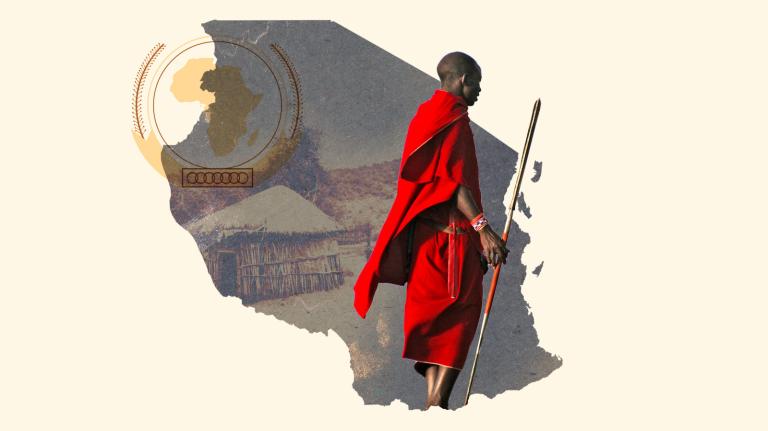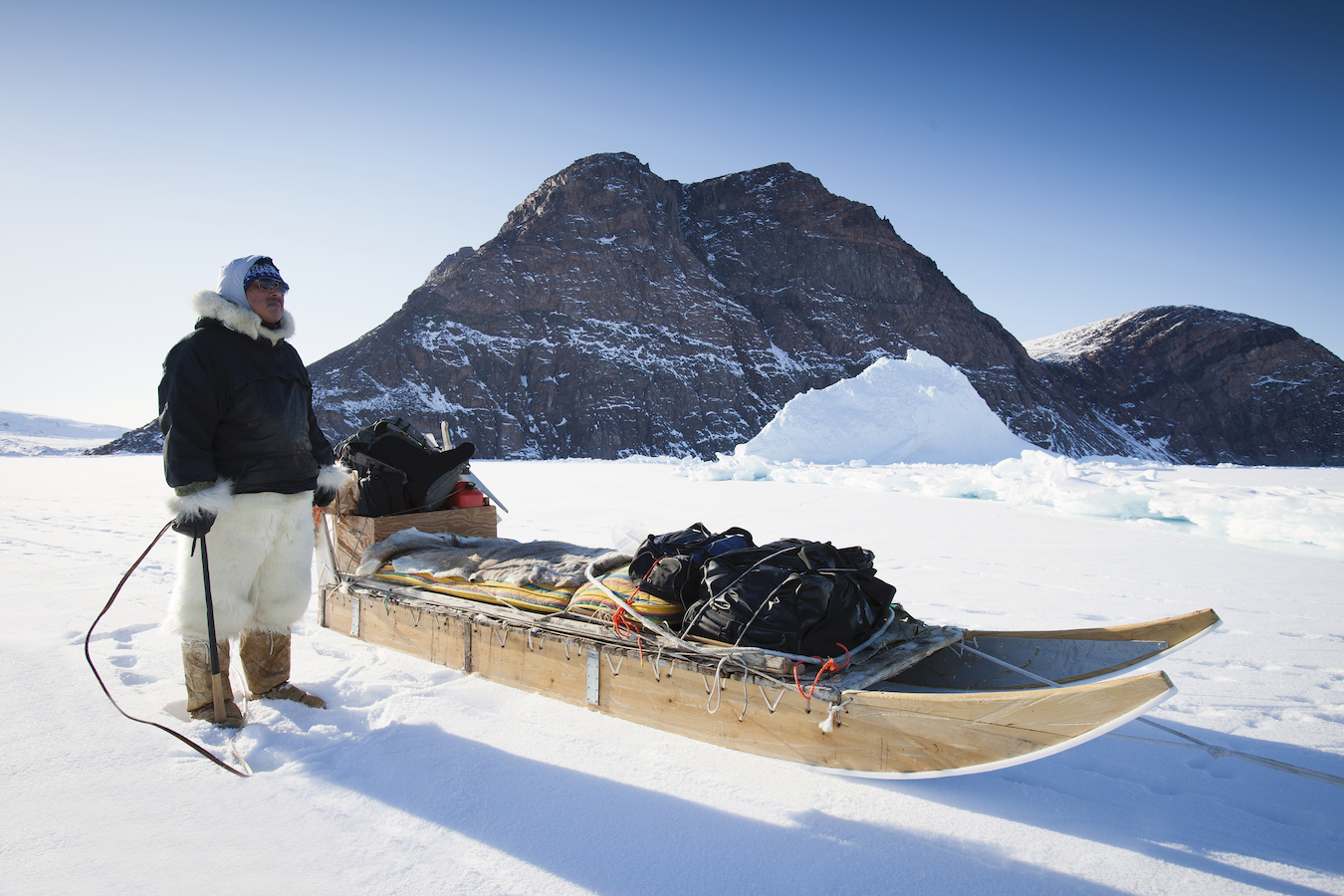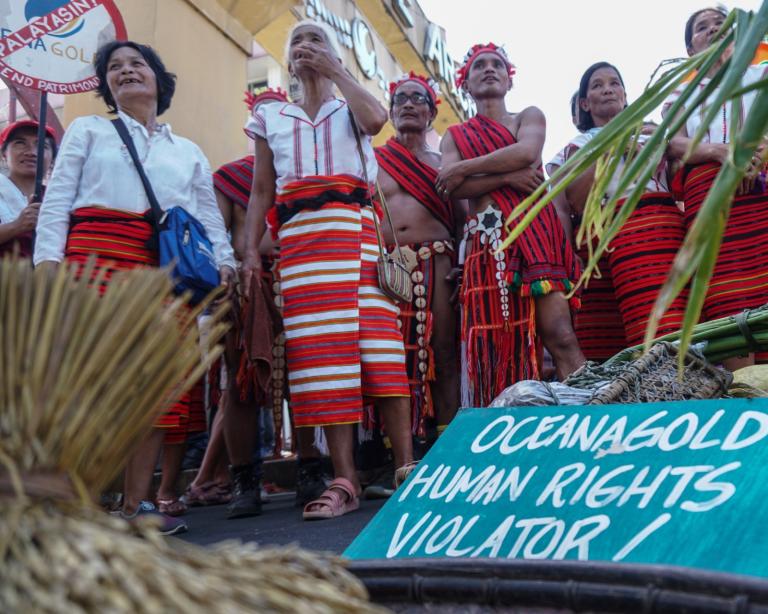In Greenland, climate change is causing fish populations to decline, invasive species to find new homes, and sea levels to rapidly rise. Between 2001 and 2011, temperatures on the island were higher than they have been in the last thousand years. Glaciers are melting nearly seven times faster than they did 25 years ago, and since 2000, Greenland has lost 5 trillion tons of ice.
As the ice melts, it may reveal large deposits of valuable minerals, like nickel and cobalt, that can be used in batteries for electric vehicles and phones, and they’re catching the attention of investors like Jeff Bezos and Bill Gates.
But United Nations experts say any mining projects must receive the consent of local communities, particularly the Indigenous Inuit, who make up a majority of Greenland’s population. The United Nations Special Rapporteur on the Rights of Indigenous Peoples, José Francisco Calí Tzay, has called on the governments of Greenland and Denmark to develop a mechanism to obtain the free, prior, and informed consent of communities where new mining and tourism projects are planned. Calí Tzay has also called on the two governments to address the negative impacts of colonialism that translate to “structural and systematic racial discrimination against the Inuit People.”
“I urge Greenland’s government to consult with the Inuit People whose traditional livelihoods will be directly affected by plans to expand mining, tourism and infrastructure,’’ Calí Tzay said.
Many Inuit people rely on ice and water for their livelihoods and culture, making climate change especially hard on communities, and extractive industries, like mining, can harm the environment through toxic waste and ecosystem disruption. In 2021, Greenland imposed a moratorium on uranium mining after international experts raised concerns about human rights violations caused by the mine. However, many Inuit remain open to locally-controlled mining projects that provide income and jobs.
The Inuit, who are the only recognized Indigenous people in Denmark, have called Greenland home for thousands of years, long before it was claimed by Denmark. Today, in Greenland, which has been an autonomous territory of the Kingdom of Denmark since 1953, nearly 90 percent of the roughly 57,000 people are Inuit. About 17,000 Inuit live away from their homelands in Denmark. In 1979, Greenland voted for a more independent government, giving the island control over areas like education and health and in 2009, the Self-Government Act expanded those sovereign powers, leaving only matters like national security and foreign affairs to Denmark. “Greenland’s extensive self-governance is an inspiring example of the implementation of Indigenous self government,” Calí Tzay said.
But Inuit communities continue to experience negative impacts of tourism and U.S. military installations, including leftover toxic waste. In at least one case, Inuit were relocated to make way for a military base and have not been adequately compensated. Inuit suffer from lack of adequate housing and mental health services, high rates of homelessness and suicide, and persistent policies that neglect their rights, including forced birth control and family separations. Calí Tzay also says that both governments need to improve human rights protections and services for the Inuit including reforming adoption and home care services, adding Inuit language, culture, and history to education curricula in both Denmark and Greenland, and creating specific legal processes for consulting with Indigenous communities.
In a statement, the Danish Ministry of Foreign Affairs said, “We attach great importance to the universal human rights and to the important work of the independent experts of the UN and we will look carefully at the final report of the Special Rapporteur and the recommendations therein.”
Request for comment from the government of Greenland was not immediately returned.
Although Calí Tzay gave Denmark credit for supporting international human rights agreements like the United Nations Declaration on the Rights of Indigenous Peoples, he said it has more work to do at home. “I would like to call upon the Government to fully embrace this commitment at the domestic level as well,” he said.
This story has been updated to include comment from the Danish Ministry of Foreign Affairs.



